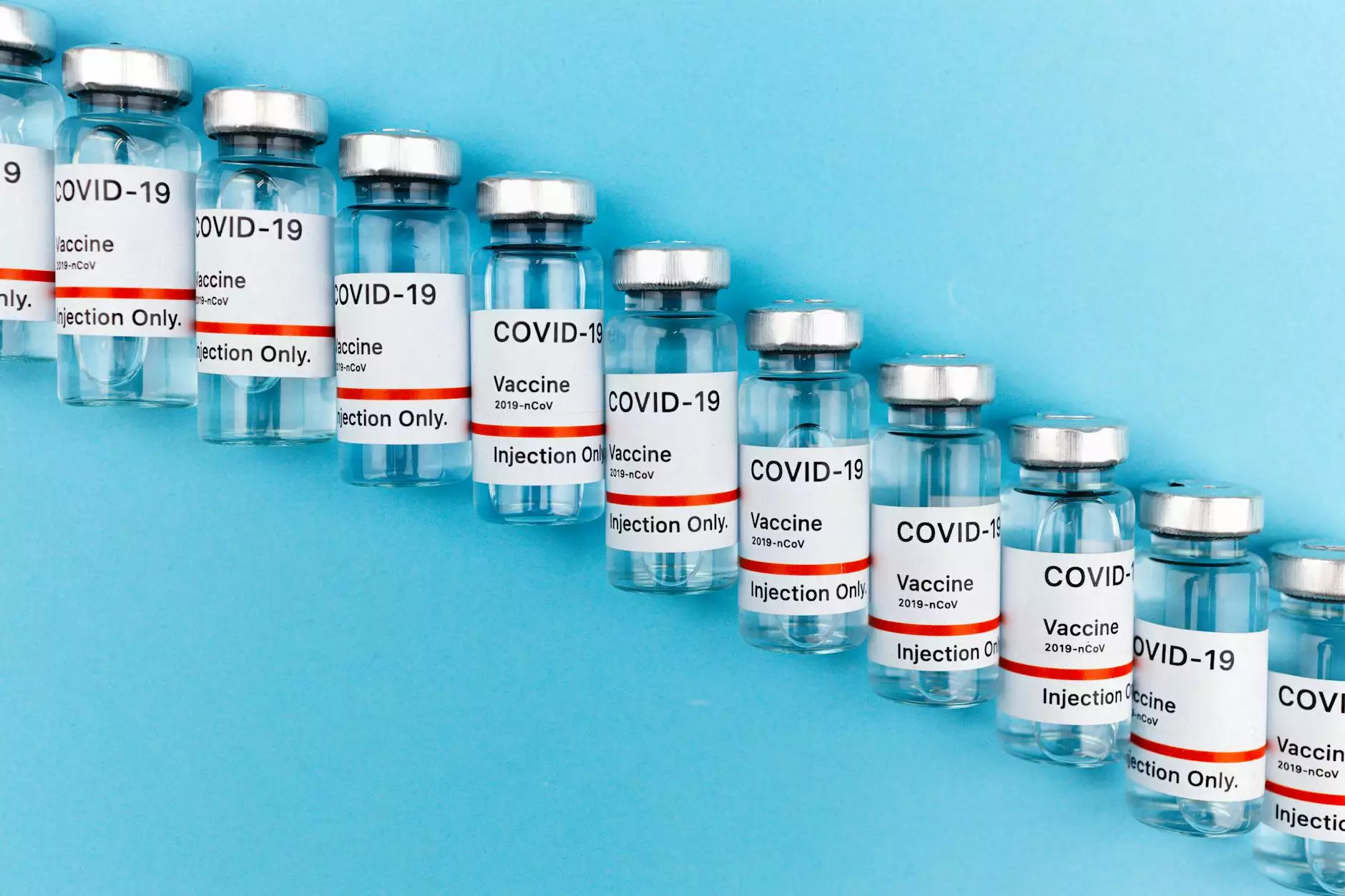Understanding the Impact of Pharma CRM Systems on the Pharmaceutical Industry

The pharmaceutical industry is known for its complexity, stringent regulations, and the necessity for effective customer engagement. In this rapidly evolving landscape, Pharma CRM systems have emerged as essential tools that not only streamline operations but also enhance relationships with healthcare professionals and stakeholders. In this comprehensive article, we will delve into the many facets of Pharma CRM systems and why they are indispensable for modern pharmaceutical companies.
What is a Pharma CRM System?
A Pharma CRM system (Customer Relationship Management) is specifically designed to meet the unique needs of the pharmaceutical industry. Unlike generic CRM platforms, Pharma CRM systems incorporate industry-specific features that aid in managing interactions with healthcare professionals, patients, and other stakeholders. Key functionalities of Pharma CRM systems include:
- Sales Tracking: Monitor sales performance and trends.
- Marketing Automation: Automate marketing campaigns targeted at healthcare professionals.
- Data Management: Securely store and manage sensitive patient and provider data.
- Compliance Tracking: Ensure adherence to healthcare regulations and industry standards.
- Analytics and Reporting: Generate insights to guide business decisions.
Why Pharma CRM Systems are Essential for Pharmaceutical Companies
The landscape of the pharmaceutical industry is changing at an unprecedented pace. With the introduction of new technologies and an increasing focus on patient-centered care, pharmaceutical companies must adapt to remain competitive. Here are several reasons why implementing a Pharma CRM system is crucial:
1. Enhanced Customer Engagement
Customer engagement is vital for success in the pharmaceutical field. A Pharma CRM system enables companies to keep track of their interactions with healthcare professionals, ensuring timely follow-ups and personalized communication. By delivering relevant information and resources, companies can build stronger relationships, ultimately leading to increased trust and loyalty.
2. Improved Data Management and Accessibility
In the pharmaceutical industry, data is an invaluable asset. Pharma CRM systems facilitate better data management and accessibility. This includes:
- Centralized Database: All customer information is stored in one place, making it easy to access and update.
- Real-Time Data Entry: Representatives can enter customer data in real-time, reducing errors and improving data accuracy.
- Enhanced Privacy and Compliance: Pharmaceutical companies must comply with strict regulations regarding patient data. A Pharma CRM system ensures that all data is stored securely and managed according to legal requirements.
3. Streamlined Sales Processes
Simplifying sales processes can lead to increased productivity and better sales performance. A Pharma CRM system automates routine tasks, allowing sales representatives to focus on building relationships. Key features that contribute to streamlined sales processes include:
- Lead Management: Track potential customers from initial contact to sale.
- Sales Forecasting: Predict sales trends based on historical data and current market conditions.
- Project Management Tools: Manage projects and track their progress to ensure timely completion.
4. Comprehensive Reporting and Analytics
Effective decision-making is based on accurate data and insights. Pharma CRM systems provide robust reporting and analytics functionalities that help businesses understand key performance indicators and market dynamics. These capabilities include:
- Customizable Reports: Generate reports tailored to specific needs and criteria.
- Performance Tracking: Monitor the effectiveness of marketing campaigns and sales strategies.
- Market Analysis: Analyze market trends and customer behavior to make informed strategic decisions.
Choosing the Right Pharma CRM System
With numerous options available, choosing the right Pharma CRM system can be challenging. Here are some essential considerations to take into account when selecting a system:
1. Industry-Specific Features
Ensure that the CRM system you choose has features tailored to the pharmaceutical industry. This includes compliance tracking, sales enablement tools, and customer engagement functionalities.
2. Customization Capabilities
Every pharmaceutical company is unique, so having a CRM system that allows for customization is crucial. Look for a system that can be tailored to your specific needs and processes.
3. Integration with Existing Systems
If your company uses other software solutions, ensure that the Pharma CRM system can integrate seamlessly. This will facilitate smoother operations and data sharing across platforms.
4. User-Friendly Interface
A user-friendly interface is essential for quick adoption and productivity. Assess the UX/UI design of the CRM system to ensure that it is intuitive and easy to navigate.
5. Support and Training
Consider the support and training options offered by the CRM provider. A vendor that provides comprehensive training and ongoing support will help your team maximize the benefits of the system.
Conclusion: The Future of Pharma CRM Systems
As the pharmaceutical industry continues to evolve, the role of Pharma CRM systems will become increasingly important. By enhancing customer relationships, providing data-driven insights, and ensuring regulatory compliance, these systems equip pharmaceutical companies to thrive in a competitive market. Investing in a robust Pharma CRM system not only improves operational efficiency but also positions companies to meet the dynamic needs of healthcare professionals and patients.
In summary, integrating a powerful Pharma CRM system into your operations can elevate your business to new heights, fostering growth and success in the pharmaceutical sector. Companies that leverage these innovative tools will be better equipped to navigate the challenges of tomorrow's marketplace.









